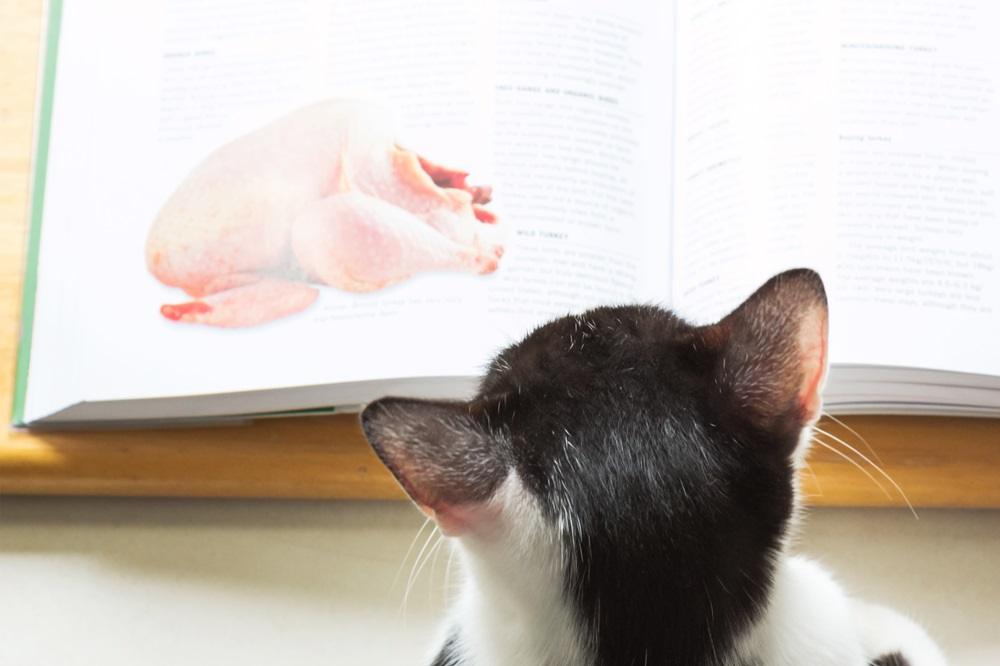Can Cats Eat Turkey? What Every Cat Parent Should Know

As the holiday season rolls in, many pet owners find themselves wondering: Can cats eat turkey? While turkey is a common protein found in cat food, the way it’s prepared for humans can make all the difference in whether it’s safe for your feline friend.
The Health Benefits of Turkey for Cats
When cooked correctly, turkey can be a nutritious treat for cats. Here are a few benefits:
- High Protein Content: Turkey is packed with protein, essential for a cat's muscle development and energy needs.
- Rich in Taurine: Turkey contains taurine, an amino acid crucial for maintaining a cat’s heart and eye health.
- Low in Fat: Skinless turkey is relatively lean, making it a good occasional treat for cats that need to watch their weight.
Potential Risks and Things to Avoid
While turkey offers nutritional benefits, certain forms of turkey can be harmful to cats. Here are the main concerns:
1. Seasonings: Garlic, onion, and spices commonly used in holiday turkey recipes are toxic to cats and can cause anemia or gastrointestinal distress.
2. Bones: Turkey bones are brittle and can splinter, leading to choking hazards or internal injuries.
3. Fat and Skin: Fatty turkey skin can cause pancreatitis in cats, a potentially life-threatening condition.
How to Safely Serve Turkey to Your Cat
If you’d like to share turkey with your cat, follow these steps to ensure it’s safe:
- Use plain, unseasoned turkey meat (no salt, garlic, or onion).
- Remove all bones and skin.
- Cook it thoroughly to avoid bacterial contamination (like salmonella).
- Serve small portions as an occasional treat.
When to Avoid Feeding Turkey
Turkey should be avoided if:
- It’s seasoned or marinated with ingredients harmful to cats.
- It’s processed (like deli turkey), as these often contain preservatives and excessive salt.
- Your cat has a known allergy to poultry.

Conclusion: Turkey Can Be Safe, But Caution is Key
Turkey, when prepared properly, can be a tasty and nutritious treat for cats. However, always err on the side of caution and consult your veterinarian before introducing new foods to your cat’s diet.
Want to know more about safe foods for your feline friend? Check out this comprehensive guide from the ASPCA.
Click Here for Food Brands with Turkey Ingredients Recommended For Cats.






